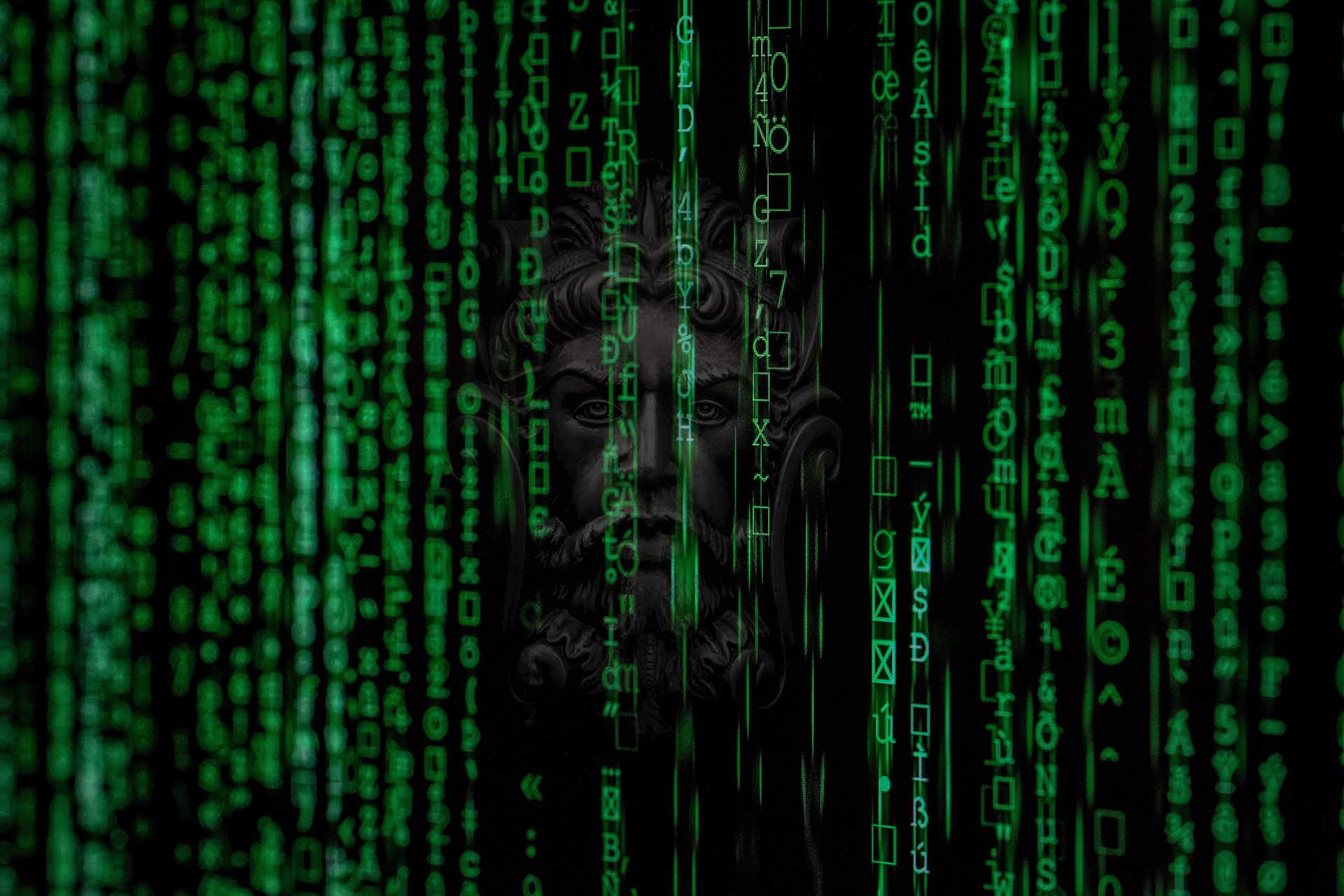Knowledge Sharing is power
Recently I heard in a presentation the statement that the Corona crisis is changing our professional and private lives even faster. VUCA as an acronym for volatility, uncertainty, complexity and ambiguity sends its regards.¹ It is not surprising that many people are stressed by such a crisis and the changes it brings with it. People and organisations are forced to leave their comfort zone immediately. At the same time, changes also require a continuous examination of new aspects, perspectives, insights or rules. Changes lead to continuous learning, and on closer inspection even to “unlearning” in the sense of forgetting. But how can all this be mastered?
Personally, I have had very good experiences with a learning network. Although there are nowadays felt to be an infinite number of digital places to find out about news and insights, I am happy about a network of people that I was able to build up with the method “Working Out Loud” (#WOL). An essential aspect of #WOL is the generous sharing of knowledge. The so-called knowledge sharing is an attitude on which #WOL is based. This attitude enables joint work and learning in networks. Especially in times of continuous change, all participants benefit from it, because “sharing knowledge is power”.
Support through a personal learning network
In my personal experience, it is much easier to define and manifest the optimal width of the bottleneck when three things come together:
- The willingness to share knowledge.
- The basic attitude “sharing knowledge is power”.
- The support through a personal learning network.
If I get impulses from my #WOL network again and again, I quickly learn how valuable it is to look beyond my own nose. If I share my experiences and insights generously without having to think about what I actually get in return, it is liberating and easily unleashes the desire to learn and exchange. In the personal network I experience not only the very important appreciation for my know-how, but also that ALWAYS something comes back, sometime.
On the basis of this “basic trust”, many types of project work can be effectively (wait-and-see) designed, according to my very personal experience. Participating in team meetings with members of the “old school” (my knowledge is my power) usually leads to nothing moving in terms of content. Often such meetings are even characterised by political intrigues. How tiring. Only when these struggles are fought out an effective, operative work is possible. If the remaining team members then have a knowledge-sharing mindset, it is even possible for a flow to develop, allowing collaborative and effective work to take place, provided the general conditions are right. Managers are also called upon to distance themselves from micro-management and control mania in order not to suffocate the flow at an early stage.
Conclusion: Reacting to changes with attitude, structure and network
The basic attitude of “sharing knowledge is power” in combination with a (personal) learning network and a structure that provides orientation, e.g. in the sense of an appreciative leadership culture, are the foundations for a change competence with which changes and also crisis situations such as Corona can be mastered.
Interestingly, the ability to react to and master change can also be trained independently of organisational structures. A participant in a meet-up confirmed this some time ago with the following words: “At the moment I work a lot in self-organised teams, independent of an employer. My experience is that everything works out as it should when I go into my social media networks with my ideas and challenges. As if by magic, exactly the right network contacts are made at the right time, so that I can always develop further.
This statement strengthens my belief that knowledge sharing is very valuable. And if you are about to consciously start sharing your knowledge, please let me know how it feels for you. Maybe you will also become a fan of “Sharing knowledge is power”!
Notes:
[1] What is VUCA?
[2] Probst, G./Raub, S./Romhardt, K.: Managing knowledge. How companies make optimal use of their most valuable resource [2] Probst, G./Raub, S./Romhardt, K.: Managing knowledge. Wiesbaden 1998
Other sources (in German):
https://www.datev-magazin.de/kanzleimanagement/damit-das-know-how-nicht-in-rente-geht-1836, accessed on 20.05.2020
Barbara Hilgert has published further articles in the t2informatik Blog, including

Barbara Hilgert
Barbara Hilgert lives between Hamburg and Lübeck and works in Berlin. She is an agile coach, advises small and medium-sized companies on the topics of compatibility 4.0 and digital transformation and has a lot of know-how in the areas of team development and (New) Learning. “Sharing knowledge is power” is not only her life maxim, the development of this mindset is also the goal of her consultations and qualifications: Training is one of the core competencies for the future of work and an important prerequisite for collaborative networking and “new learning”.


